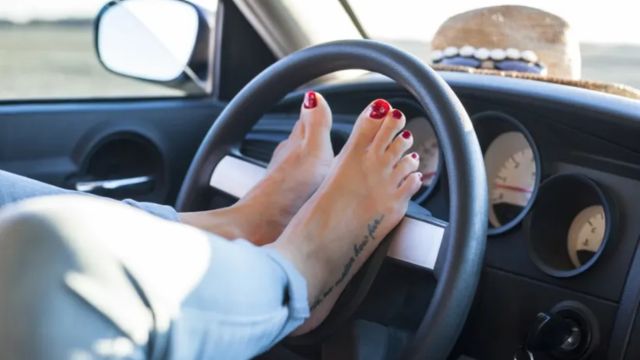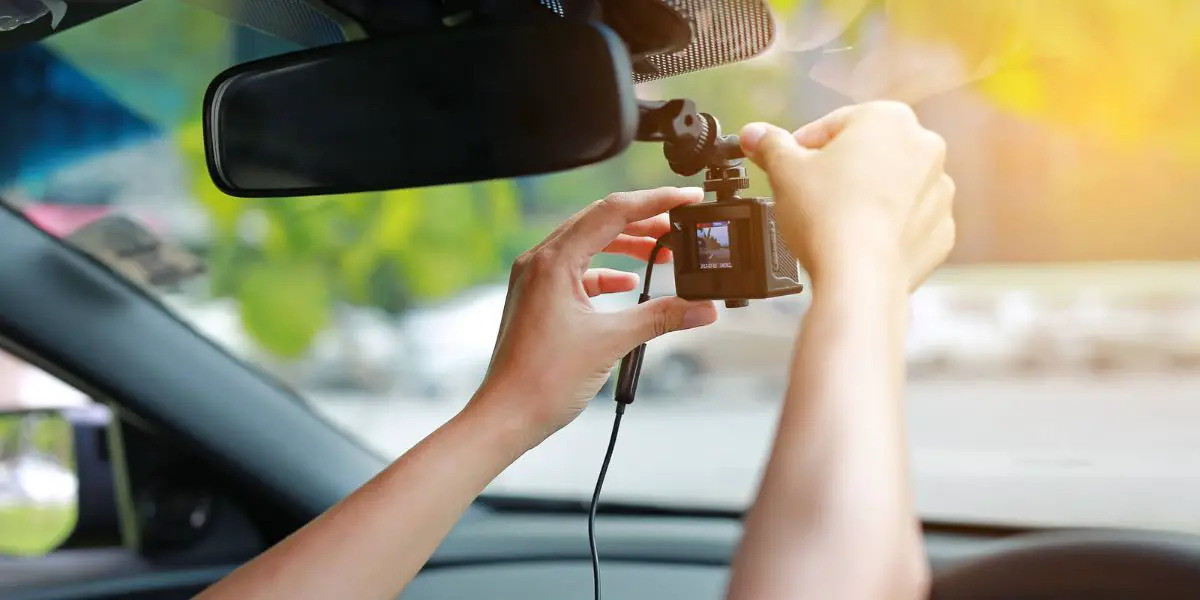If you’ve ever wondered whether it’s legal to drive barefoot in New Jersey, you’re not alone. It’s a question many people ask, especially during the hot summer months when shoes can feel uncomfortable on long drives.
While some drivers might prefer to go barefoot, they often wonder if doing so could land them in legal trouble. So, is barefoot driving illegal in New Jersey? Let’s clear up this common misconception and explore the facts.
Is It Illegal to Drive Barefoot in New Jersey?
The short answer is no—it is not illegal to drive barefoot in New Jersey. The state does not have any specific laws that prohibit drivers from operating their vehicles without shoes. New Jersey, like most states, doesn’t require drivers to wear shoes, sandals, or any specific type of footwear while behind the wheel.
However, this doesn’t mean that driving barefoot is always the best choice. While it may be legal, there are important considerations to keep in mind regarding safety and potential legal consequences if you’re not careful.
Safety Considerations for Barefoot Driving
Although it’s not illegal, driving barefoot can raise some safety concerns, and these concerns are why many experts recommend wearing proper footwear when driving. Here’s why:
- Pedal Control: Shoes provide better grip and control over the accelerator, brake, and clutch pedals. Bare feet might slip or lack the necessary grip, especially in emergency situations. Having shoes on can provide more precise control, which is crucial for your safety and the safety of others on the road.
- Injury Risk: In the event of an accident, bare feet offer no protection from broken glass, metal, or debris that could cause injury. Shoes provide a level of protection that could make a significant difference in protecting your feet during a collision or sudden stop.
- Comfort: Driving barefoot may also be uncomfortable, particularly on long drives. Hot pedals, dirt, or debris can cause discomfort and distract you from focusing on the road, potentially leading to unsafe driving behavior.
Could You Be Cited for Unsafe Driving?

While there is no law explicitly banning barefoot driving in New Jersey, you could still be cited for unsafe driving if your barefoot driving leads to a dangerous situation. New Jersey, like all states, has laws that require drivers to maintain full control of their vehicles and operate them safely. If you are driving barefoot and it is deemed that you are unable to properly control the vehicle due to lack of traction or comfort, an officer could issue a citation for reckless or careless driving.
For example, if an officer observes you struggling to brake or accelerating too suddenly because of difficulty using the pedals barefoot, they could pull you over and charge you with a violation. In extreme cases, if your inability to properly control the vehicle leads to an accident, you could face charges related to the accident itself.
What About Other States?
Is barefoot driving illegal in Louisiana? Here’s the Legal Answer
New Jersey is not alone in its lack of specific laws against barefoot driving. In fact, most states in the U.S. do not have laws against it. However, it’s important to note that laws can vary from state to state. While driving barefoot might be legal in New Jersey, there are a few states that may penalize drivers if barefoot driving leads to unsafe conditions. In these cases, the driver can be cited for careless driving, but not necessarily for being barefoot.
Common Myths About Barefoot Driving
There are several myths surrounding barefoot driving that lead to confusion. Let’s address a few of the most common:
- Myth #1: It’s illegal to drive barefoot in New Jersey. This is false. There is no law in New Jersey that prohibits driving barefoot.
- Myth #2: You’ll be automatically fined for driving barefoot. This is also untrue. As long as you are driving safely, you are not likely to receive a fine just for being barefoot.
- Myth #3: Barefoot driving always leads to accidents. While barefoot driving can be less safe in certain circumstances, there is no evidence to suggest that it inherently leads to accidents. However, it’s important to prioritize safety and ensure you have full control over your vehicle.
Should You Drive Barefoot in New Jersey?
Ultimately, while barefoot driving is legal in New Jersey, it’s important to make safety your top priority. If you find that driving barefoot makes it difficult to control your car, it’s a good idea to reconsider your choice. Even though New Jersey law doesn’t require shoes, wearing proper footwear ensures you have better control of the vehicle and reduces the risk of injury in the event of an accident.
If you prefer the comfort of driving barefoot, just be mindful of your ability to stay safe behind the wheel. Always make sure that you can react quickly and drive in a way that doesn’t put yourself or others in harm’s way. If you’re ever in doubt, it’s a smart idea to keep a pair of shoes in the car to put on in case your barefoot driving becomes uncomfortable or distracting.
Conclusion
In New Jersey, driving barefoot is perfectly legal, so long as you are able to drive safely and maintain full control of your vehicle. There’s no law specifically banning the practice, but safety should always be your top priority when you’re behind the wheel.
Remember, the key to safe driving is not about whether you wear shoes, but whether you are in full control of the vehicle and able to react quickly to any situation that arises.
So, while it’s okay to go barefoot for a quick drive, it’s always a good idea to consider the safety implications and wear shoes if you feel they will help you drive more securely.




